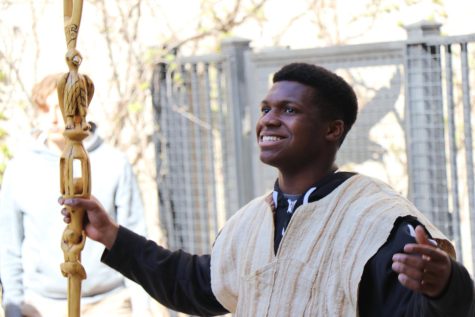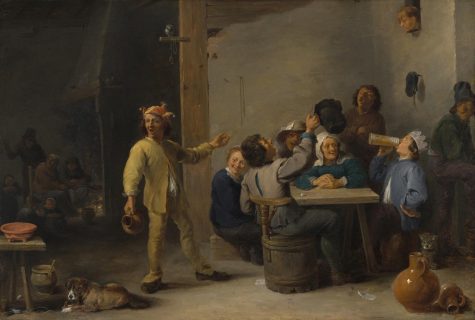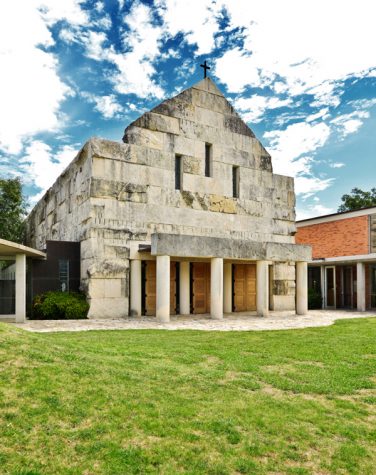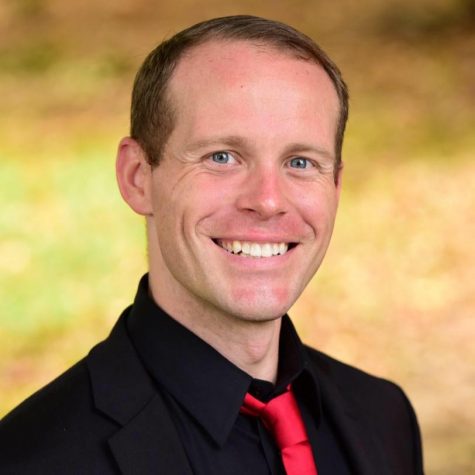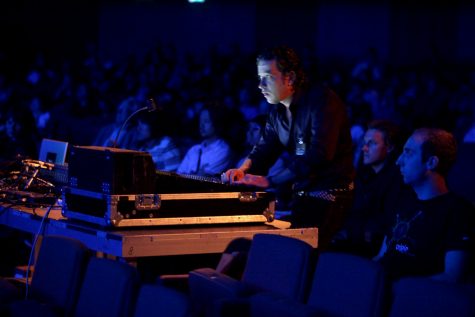An Interview With Madame
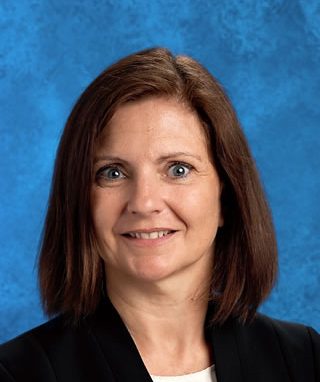
Where did you grow up and what was it like growing up there?
(Oh, that’s an interesting question). I had a very different upbringing than any other normal French child because my dad used to work overseas in Africa. I still spoke French, but I would change countries every so often. I had to change schools and get used to new environments. I got to meet new people very often. It was fascinating because I was exposed to a lot of different cultures, but there were a few challenges; you had to adjust to a new school over and over again—you had to make new friends over and over again. But, despite the difficulties, I’m still really glad I had that childhood. I think that this exposure to different cultures is the reason why I may see the world differently than other people. I’m glad I had that opportunity.
How did you come to move to America?
That’s a funny story because after I was done with college, I didn’t feel ready to go to work, so I decided to continue my education. I wanted to get a master’s degree, and I was looking at areas where I could get one, but I didn’t want to stay in France. My upbringing instilled in me the desire to discover new areas. I was thinking of either going to the US or Spain. I was looking at both the University of Dallas and a school in Madrid. Because my English was weaker than my Spanish at the time, I decided that if I wanted to make the most out of my experience, I needed to study English, and that’s how I ended up deciding to get a master’s degree at the University of Dallas.
What were your first impressions of America and how did it compare to your expectations?
I really enjoyed the people, and I really enjoyed the lifestyle. I particularly liked Dallas because when I moved in, it was a large city, but it still had the charm of a smaller place. I don’t know if I had any specific expectations about the United States. I had seen the U.S. through movies, and I knew its image was very romanticized. I knew the United States through the stereotype, but I know that we have stereotypes about other cultures, in which there are pieces that are true and pieces that are pretty inaccurate. When I stayed in Africa, I spent time with the military personnel of the American embassy that was stationed overseas where I was living, so I had some contact with Americans. Aside from that, I did not know much about the United States. I had never visited it before. I went with a very open mind, and I really enjoy every opportunity I had over here. I remember as a student I took some road trips because I wanted to discover the U.S. and not just Texas. I went to the west coast, Louisiana, Florida, and New Mexico. There, I visited to the Grand Canyon. I was mesmerized by the landscapes and by the differences between states. I was really surprised by how proud Texans are to be Texans, and how in California there’s a different sort of air about the people. That was really surprising to me.
What aspects of your life have you kept with you since moving here?
I think I’m still very French when it comes to the time I eat meals, and I like eating them with my family. In terms of tradition, we’ve always celebrated the Catholic holidays in my family. I’ve kept those traditions with me, but I have also embraced American traditions. I discovered Thanksgiving and Halloween. They were traditions I didn’t know about at all, and I added them to my way of life. I remember decorating my home for Halloween and going trick-or-treating. The first few years, I was invited to spend Thanksgiving with friends’ families, but the first Thanksgiving that I hosted at my own house was very scary and very challenging. I had to get the turkey down and do all the fixings next to it. I love the tradition where people gather around food. This is very French, so I could relate to that—to the gathering around food.
Do you have a suggested or favorite French meal or treat?
It’s difficult to single out just one specific meal, but it may have to relate to my childhood. I think for me it’s very simple food. Stuffed tomatoes, for example, come to mind, and it’s nothing fancy. It’s just a very homey dish that we can share together, and its importance lies far more in the laughter that we share around the table than in the meal itself. It’s more the company than the food. That’s what I cherish the most. I think that the dish is just an excuse to gather and share a lovely moment.
What is a stuffed tomato?
It’s very simple. It’s a tomato that you remove the inside to make hollow. Then you would put in the center a mixture of meat, and usually, it’s simple meat. You may put a sort of sausage. Some people make it vegetarian, and some people do it with meat. You put that in the oven with a little bit of rice around it so that the rice takes the juices of the tomatoes and of the sausage that cooked inside, and that’s it.
How did you come to join the Cistercian community?
I got my master’s at UD, and so I heard of Cistercian then. I remember as a graduate student I babysat a couple of times for I think a young man probably in First Form or something like that, that was attending Cistercian, and I would talk to the mother about the school. I was in the corporate world before I switched to being a teacher. Some friends mentioned that Cistercian was looking for a French teacher. I was working at the time at Greenhill, and I connected with the team here at Cistercian. We had several meetings, and they convinced me to join here.
What is special about Cistercian to you?
The values that Cistercian carries are very special. The foundation with the monks is extremely special. The rigor and the traditions: that’s what is very specific about Cistercian.
What would you recommend someone who is going to France to do?
Eat cheese hahaha. Umm … I think it’s about getting an experience. Experience a market, a café, and experience the way of life with a family. It’s true for every place in the world. It’s not the monuments that are making the place, it’s the people. If you go to a farmer’s market, see the products, and talk to other people about their products. They will tell you how proud they are of their products. They will engage in a conversation and talk to you, and you will get to know them. In a café, you can hear and observe and get an idea about the people that are surrounding you. If you’re lucky to be able to stay with a host family in France then you will have an understanding of the way of life there and who they are. Of course, you have the monuments and the arts, but I think that the people are also very important.


